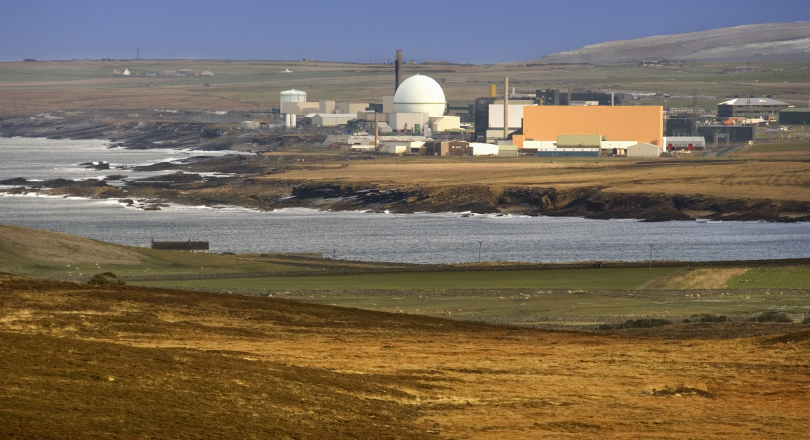The offer was the outcome of intense and complex negotiations earlier in the year. Under the changes, about 11,000 people employed across the nuclear estate* will move from their current final salary pension scheme to a career average scheme from April 2018.
Prospect specialists and managers represent the biggest group of affected nuclear clean-up workers. More than 77% of members eligible to vote in the ballot, which ended on 24 May, backed the revised proposals, on a turnout of 67%.
Dai Hudd, Prospect deputy general secretary, said: “The changes accepted in the ballot still contain detriment, though they are not as bad as those originally proposed. And for many, they also open up opportunities and flexibility.
“The high turnout – a bigger proportion than those who voted in the last general election – demonstrates our members’ strength of feeling about their pensions and security in retirement.
“But the result doesn’t mean they are happy with the reforms. The alternative they faced was to take industrial action, with the risk having a far worse offer imposed on them. Members clearly recognised that the offer was the best achievable by negotiation.”
Hudd stressed that the collective response of union members is what forced a retreat from the Nuclear Decommissioning Authority and government on the key issue of pension age. “The outcome shows the difference that being in a trade union and having an effective collective voice can make when it comes to protecting terms and conditions,” he said.
“But even the revised reforms contravene explicit protections promised by the government, and enshrined in legislation, when the nuclear industry was privatised.
“This was and is a disgraceful way to treat dedicated employees who have done everything required of them and only wanted the government to honour its commitments.
“However, in the light of the general election, it was important to settle this issue and achieve certainty for members before a new government is in place.”
The improvements were secured by intensive campaigning by the unions – Prospect, Unite, GMB and ASLEF – and their members. More than 17,000 workers signed a petition and thousands wrote to or met their MPs before the general election was called.
Under the revised proposals:
- The pension age in the new CARE (career average revalued earnings) scheme will be the same as currently instead of an earlier proposal to delay it to state pension age.
- All pension built up before 1 April 2018 will be protected.
- The accrual rate will be 1/58th in the CARE scheme, compared to an original NDA proposal of 1/60th.
- Member contributions will increase, but this will be phased in more slowly than originally proposed.
The projected cost to members overall has been reduced from the original projection of £660m to about £300m.
The unions also secured separate guarantees relating to the treatment of future redundancy terms.
* 11,000 workers will be affected at Sellafield Ltd (Cumbria, Warrington); Magnox Ltd (Anglesey, Ayrshire, Dorset, Dumfriesshire, Essex, Gloucestershire, Gwynedd, Kent, Oxfordshire, Somerset, Suffolk); Direct Rail Services (Cumbria); Dounreay Site Restoration Ltd (Caithness); Low Level Waste Repository (Cumbria) and International Nuclear Services (Cumbria, Warrington).

